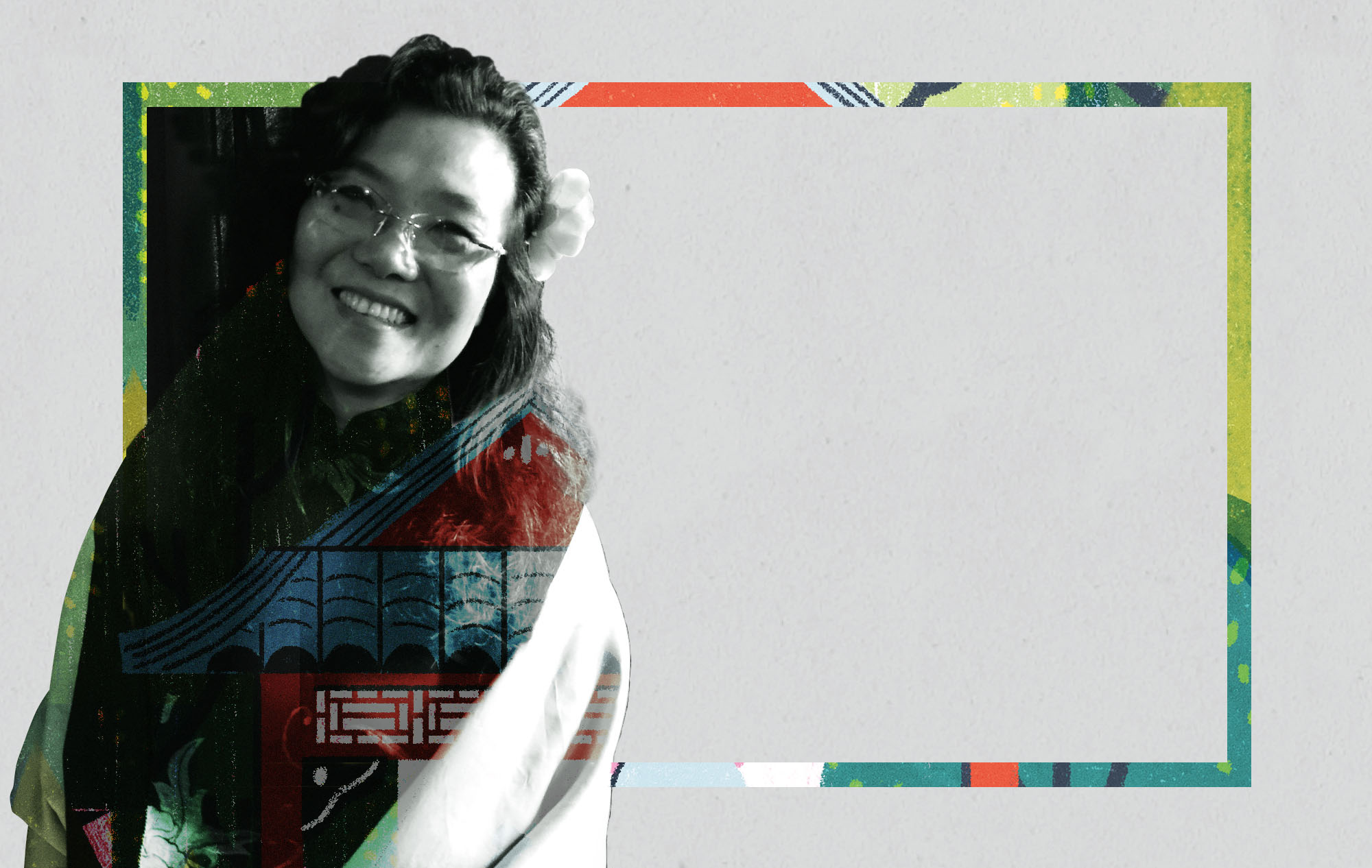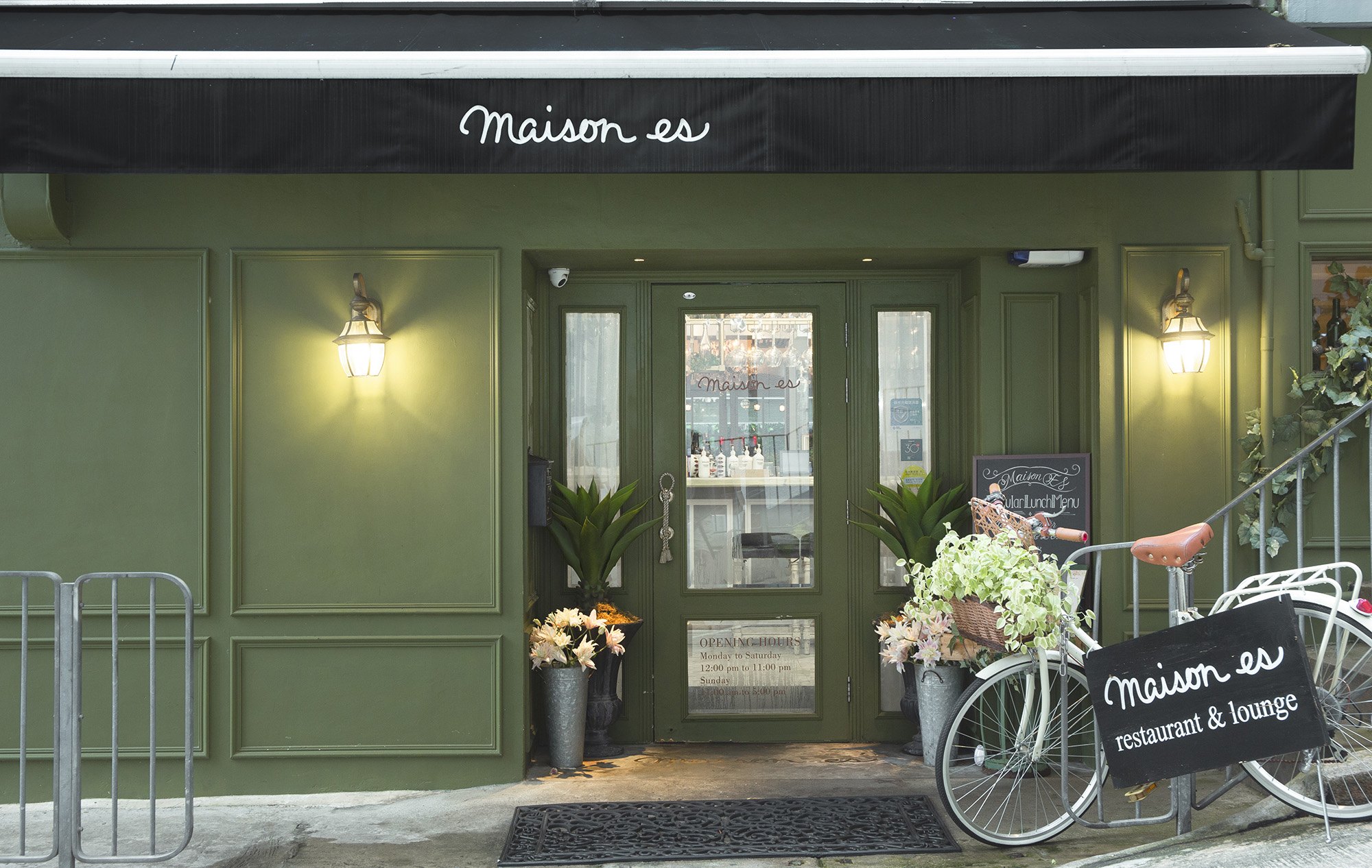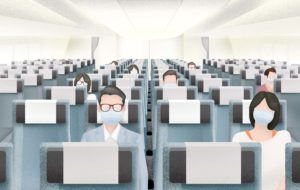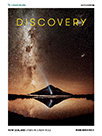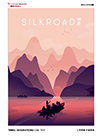Click here to read Permission, Lijia Zhang’s original short fiction story for Cathay’s inflight magazine
Can you tell us a bit about the inspiration behind your story?
It was inspired by Bin, the main character from my debut novel Lotus. I came up with a detailed biography of Bin, but I only used a fraction of the material. Both Bin and the short story’s main character, Lin, come from rural China and find themselves struggling when they first go to university in Beijing, not only because they don’t fit in with their classmates from urban backgrounds but also because they are torn between their conservative up-bringings and the Western ideas that have crept into China through the newly opened door.
How did parts of it reflect your experiences in China?
It very much reflects my own experience. I am a contemporary of Lin and Bin, who come of age in the 1980s, which was, in my view, the most exciting era of contemporary China. Deng Xiaoping had just introduced the reforms and opening up policies, which led to sea changes that went way beyond the economic field. Taking advantage of the newly granted, if limited, freedoms, Chinese writers and artists experimented with ideas that had freshly come in from the outside world and produced some of the best works of contemporary China. I am a big fan of the ’80s.
Your stories are usually based in China. How would you describe your relationship with the country?
Intense, I would say. I am one of the few Chinese writers based in China while writing in English for international publications. Even though English has been my working language for years now, my sensibility remains Chinese. And compared with my Western colleagues, I have something different to offer: my insights into the Chinese society.
As a travel magazine, we’re trying something a bit different by publishing an issue of original fiction. How do you feel fiction can inspire travel in a way non-fiction or travel articles don’t?
I think the project is wonderful and exciting. Good fiction can entertain and educate the readers. My fictional works can be read as non-fiction as it is rooted in reality.
What do you read when you’re on holiday?
I read what I must read for my two book groups in Beijing. I also have my personal project: to re-read classics, such as all the works by Tolstoy, which I read in Chinese in my youth.
What do you do when you’re on a flight? Are you a reader, worker, film watcher?
I work when I must. Then I read. When I am too tired to read, I watch films. I finished the short story while flying from Beijing to London. I was so obsessed with getting the story right that I couldn’t sleep a wink or watch any films.
What do you think about fiction in an inflight magazine?
I think it’s absolutely cool!
Finally, what are you working on at the moment?
I’ve started a literary non-fiction book project on China’s left-behind children, a term for the children of migrant workers. Right now, 61 million children are living in China’s villages without one or both parents. Focusing on one village in southwestern China’s Guizhou province, the book exposes the heavy human cost behind China’s so-called economic miracle.



